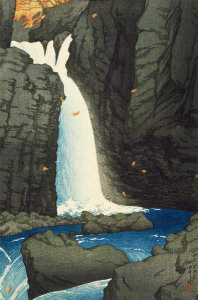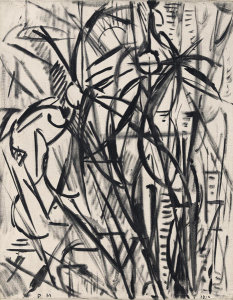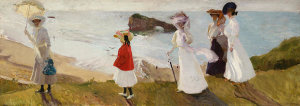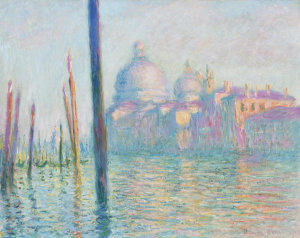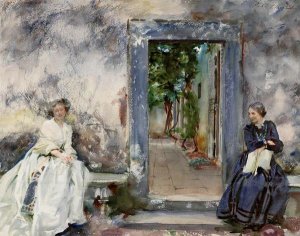Art Categories
- Artists by Category
- American Artists
- Asian Artists
- European Artists
- Old Masters
- New England Artists
- Women Artists
- Art by Time Period
- 21st century
- 20th century
- 19th century
- 18th century
- 17th century
- 16th century
- 15th century
Individually made-to-order for shipping within 10 business days
Subjects
- People & Activities
- Portraits
- Leisure
- Boats and Ships
- Sports
- Music
- Interiors
- Fashion
- Literary
- Religion and Spirituality
- Art Mediums
- Paintings
- Scrolls
- Prints
- Vintage Posters
- Pastels
- Watercolors
Your Custom Prints order supports the Museum of Fine Arts, Boston
Most Popular
- Popular Collections
- Japanese Prints
- Impressionism in Europe
- Impressionism in America
- Watercolors
- Pastel Drawings
Prints and framing handmade to order in the USA

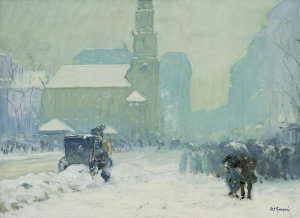
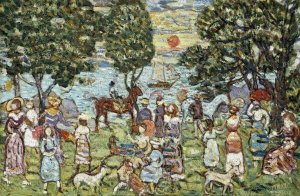
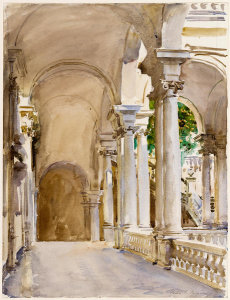
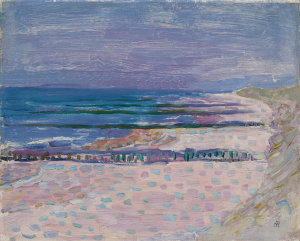
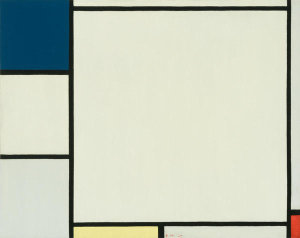
![Kawase Hasui - Early Summer Rain, Arakawa (Samidare [Arakawa]), 1932](/vitruvius/render/300/476781.jpg)
